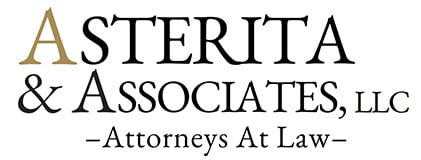Should you lease or buy the building that houses your business? Many entrepreneurs confront this question just about the time their business starts to thrive, necessitating a move to bigger quarters. A wrong decision can be financially devastating.
Here are some of the top factors to consider when you’re trying to determine if renting or owning is right for your company’s needs:
What are the benefits of leasing?
There are definitely a few pros to sticking with a lease. Some of the most important include:
- You don’t need a hefty downpayment. If your business is still relatively young, you may not have the spare capital to put down 10% (or more) on a building. Even if you do have that kind of cash, you may prefer to pour it back into the business right now.
- You aren’t the landlord. That means you aren’t solely responsible for all the repairs and maintenance (assuming that you negotiate your lease correctly). Just knowing that you aren’t on the hook for any major repairs can be reassuring.
- You may be able to afford a better location. Purchasing a building in a high-traffic area can be cost-prohibitive for all but the most robust of companies.
What are the benefits of buying?
Leasing isn’t perfect, however. Buying can be a practical option because:
- You start building equity. Equity eventually becomes collateral you can use to secure new loans when you’re ready to expand your company yet again.
- You can expect a fixed overhead. Right now, interest rates are at historic lows, so you can lock in a mortgage rate that is easy to handle and you won’t have to worry about fluctuations in your lease.
- You can use extra space to earn money. If you buy more space than you need, you can rent the extra to other businesses and use the rents as a steady source of income.
Regardless of whether you decide to lease or buy, it’s wise to involve an experienced real estate attorney in the process. The commercial property market can be highly subject to fluctuations in the economy and often requires extensive zoning and permit investigations. Leases can be exceptionally complex. An attorney can help you identify potential risks associated with the property and engage in thoughtful negotiations that will protect your finances.

